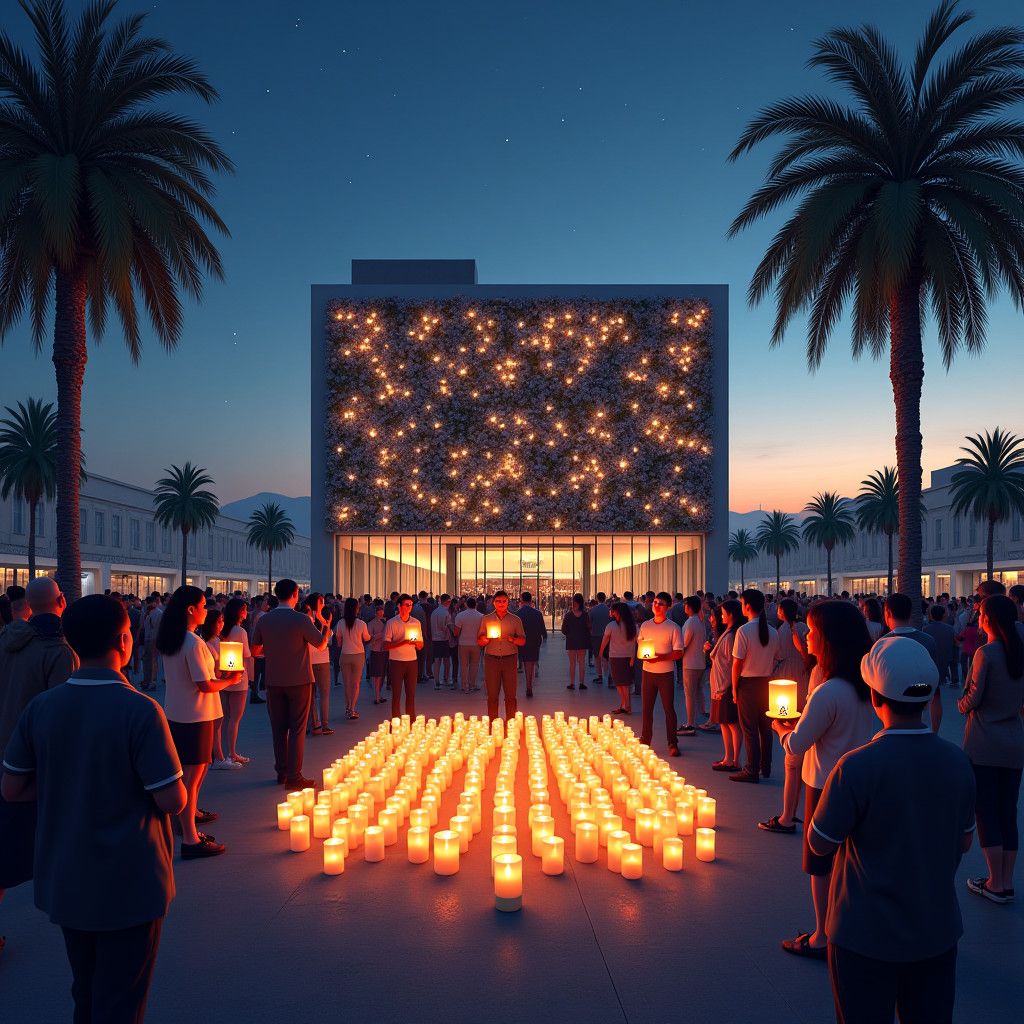Isak Andic, the visionary founder of the Spain-based fashion giant Mango, has passed away tragically at the age of 71. His untimely death occurred on Saturday following an accident in which he fell down a ravine near the Salnitre caves close to Barcelona, as recently reported by El Pais. Andic was a significant force in the fast fashion industry, having established the Mango brand alongside his brother Nahman in 1972.
Born in Istanbul, Andic moved to Barcelona in his youth, and it was there that he saw an opportunity in the burgeoning fashion market. Mango, founded with a focus on offering stylish, affordable clothing, quickly became a household name. Under his leadership, the brand transformed from a local store into a global retailer with over 2,700 locations across more than 100 countries. This trajectory highlights the impact of strategic vision in scaling a business.
Andic’s approach was not merely about creating clothing; it was about establishing a lifestyle brand that resonates with consumers. Mango targeted a younger demographic and emphasized trendy, well-designed merchandise at competitive prices. The company implemented efficient supply chain practices to minimize costs, which allowed it to compete with rivals such as Zara and H&M. For instance, Mango’s responsiveness to fashion trends enabled it to reduce lead times significantly, ensuring that new items could make it from the drawing board to the store shelves in weeks rather than months.
His influence extended beyond Mango. Andic was instrumental in promoting a fast fashion model that has since become a dominant force in the retail industry. Fast fashion, characterized by rapid design, production, and distribution cycles, has had profound implications for consumer behavior and the environment. As consumer demand for new and diverse clothing styles increased, brands like Mango shifted their strategies to keep pace.
However, in past years, the fast fashion industry has faced criticism for its impact on sustainability and ethical labor practices. With changing consumer attitudes towards sustainability, companies must now navigate a complex landscape where the demand for fast fashion clashes with growing environmental concerns. Andic’s legacy will undoubtedly prompt discussions about the need for transformation within Mango, as the company works to align its practices with the values of a new generation of shoppers.
Throughout his career, Andic exemplified entrepreneurial spirit and resilience. His ability to innovate and respond to market needs allowed Mango to flourish amid intense competition. The shop-in-shop model, a concept popularized by Andic, is a strategic way to engage with customers by creating themed displays and installations within retail environments. This tactic not only draws foot traffic but also enhances the overall shopping experience, making it a case study in effective retail strategies.
Despite these achievements, Andic remained grounded. His management style emphasized the importance of teamwork and collaboration, fostering an environment where creativity thrived. This ethos attracted talented designers and marketers, empowering them to contribute ideas that helped shape the Mango identity. The success of Mango is a testament to how strong leadership can galvanize efforts and cultivate a thriving corporate culture.
The news of his passing has been met with an outpouring of tributes from industry peers and fashion enthusiasts alike. Many have expressed grief over the loss of a pioneer who played a pivotal role in the global fashion landscape. Mango, which announced Andic’s death in a statement, will likely honor his legacy by continuing to adapt and innovate in a rapidly changing marketplace.
As the fashion industry mourns the loss of Isak Andic, it is essential to reflect on his contributions and the path forward for his beloved Mango. The brand’s commitment to evolve within the fast fashion model while addressing sustainability issues will be critical in preserving the legacy Andic built. Moreover, the future of Mango may depend on how well it balances the demands of fashion with the necessities of responsible production.
In conclusion, while Isak Andic’s life ended tragically, his indelible mark on the fashion landscape will not be forgotten. His story serves as a powerful reminder of the transformative potential of vision and determination in business. As Mango navigates its future, it remains to be seen how the company and its leadership will carry forward the torch lit by Andic, ensuring that his principles of innovation, teamwork, and customer connectivity continue to guide its journey.












